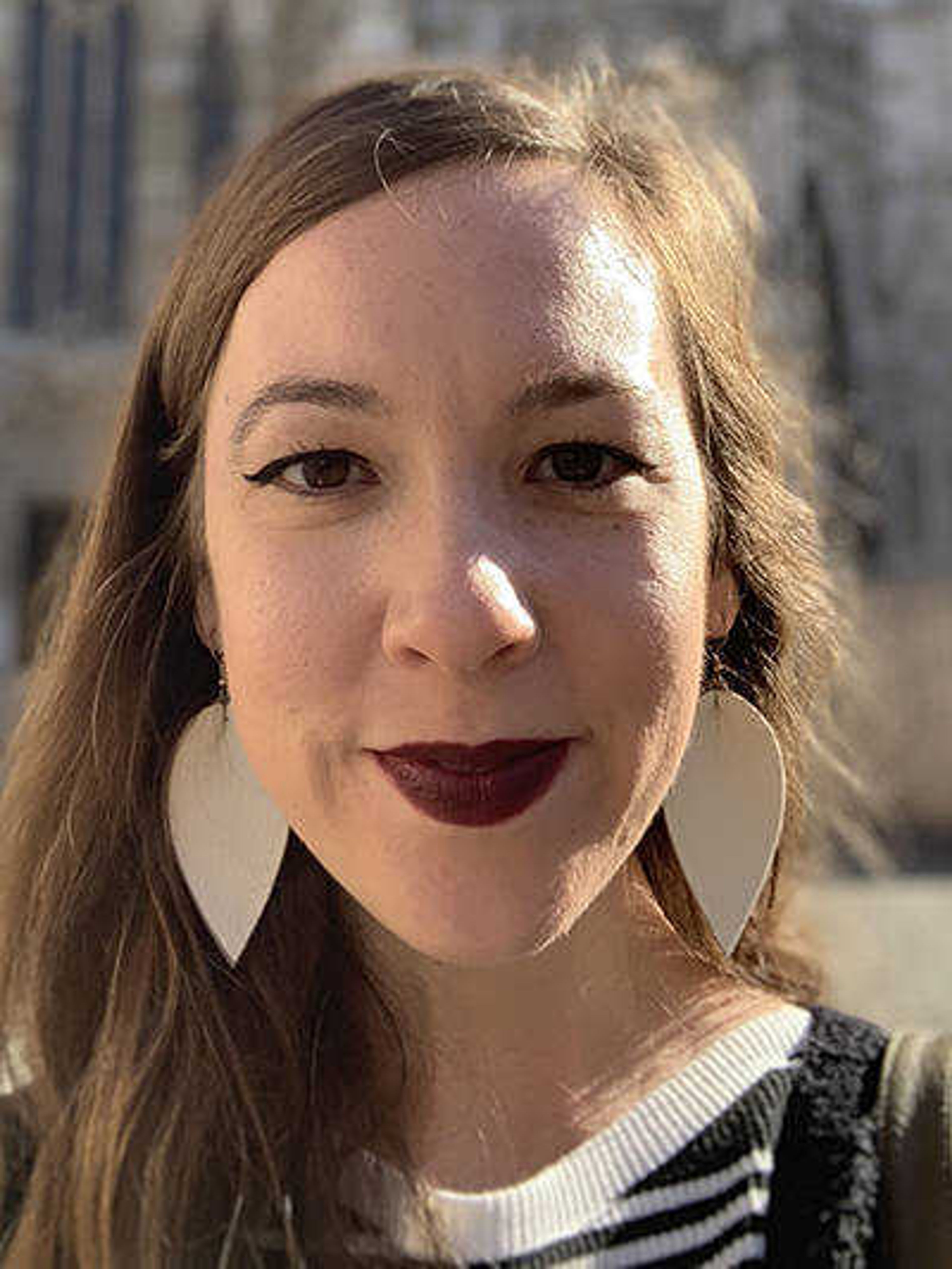Reclaim the unity
When my friends and I are visiting each other's towns, we like to worship together at one another's churches. Some of us are Catholic and some of us are Protestant, and we go together to the church of the person whose town we're in, regardless of denomination...
By Mia Pohlman
When my friends and I are visiting each other's towns, we like to worship together at one another's churches. Some of us are Catholic and some of us are Protestant, and we go together to the church of the person whose town we're in, regardless of denomination.
Our churches mean deeply to us; we realize this is participation in each other's lives, validation of our love for one another, acknowledgement that we legitimize each other's faith, see it living and active and breathing, and that we value it and all we learn from each other. It is reverence for the other and how we relate uniquely to God in our expression of the same deep love we all have found.
Sometimes we talk about it, sometimes we don't; either way, what matters is that we show up, that we're doing the work of letting God's kingdom come on Earth as it is in Heaven.
In a church that is segmented, we have to be the ones who do something to reclaim the unity. We can have a generous heart toward denominations and religions that might look, believe or worship differently than our own, realizing there are elements of truth in most religions.
Churches can hurt us when others' ideas are forced upon us, or our way of believing is not seen as equal or valid. I think to move past this level of separation, first we must be willing to accept ourselves for who we are and how we believe. Then we must be willing to extend that acceptance to each other as we are, without intending to convert each other to our own views or prove our own correctness at the expense of another. I think we can go even a step further and learn to learn from one another, being willing to ask questions with no motivation other than to understand, let another be heard and deepen our own wisdom of the depth of God.
I think it is important while we worship or converse with another community to remain true to our own identity and beliefs about worship, while also respecting and reverencing the other way of worship and thinking and the people who worship and think that way. Listening and learning doesn't mean we have to agree with everything; disagreeing with something doesn't mean we can't love and find value. It's the task of standing in the middle, which comes from knowing who we are in God, as well as the depth of God's love and mystery.
When was the last time you went to a Protestant church if you're Catholic, or when was the last time you went to a Catholic church if you're Protestant? When was the last time you worshipped with a different denomination? When was the last time you participated in a fellowship event at a church that wasn't yours?
Because maybe it's not about the physical reunification of the church. Maybe, instead, in this particular 100 years we are on this earth, it is about the spiritual reunification of our hearts, the breaking down of the barriers we put up to protect ourselves, the slow, quiet transformation of pride's hardness to the softness of being open.
Maybe that's how we all become one.
Connect with the Southeast Missourian Newsroom:
For corrections to this story or other insights for the editor, click here. To submit a letter to the editor, click here. To learn about the Southeast Missourian’s AI Policy, click here.










